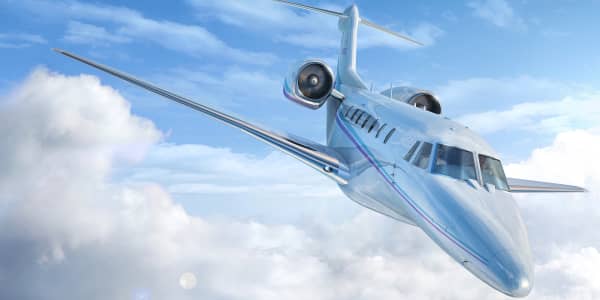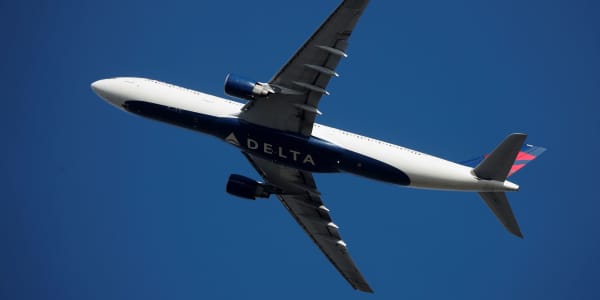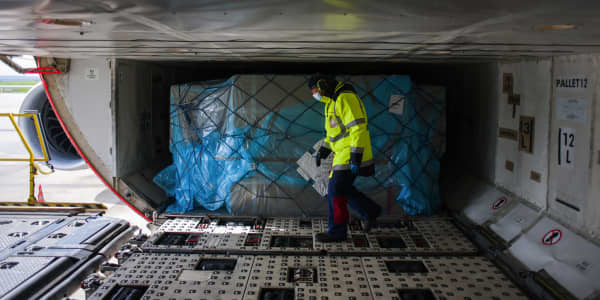Want to sell some aeroplanes? Well the Middle East has long been a favorite destination of marketeers looking to shift the odd airliner or fighter jet. Solid returns were to be got from countries looking to buy themselves some security or to launch an airline or two. There may still be an element of recycling petrodollars, or as in the case of the Al-Yamamah deal, Saudi oil directly for British weapons, but the time has long since past when the deals were only about transmuting oil into high-value processed aluminium.
The host of the Dubai Air Show, the United Arab Emirates, is one ambitious government overseeing a revolution in world air transport geography. The show itself is held at Dubai World Central, a mega project set to be the world's largest airport hub as capacity runs out at the existing airport.
(Read more: Big Dubai airport:World's largest set to kick off expansion)
Dubai is competing hard with airports in Europe and Asia to dominate long haul routes. Its biggest airline Emirates, operating with a large fleet of Airbus A380 Super Jumbos, also wants the traffic; and why not stay a while to take in some guaranteed sun? And on the basis of this, build world-class maintenance, repair, and overhaul (MRO) facilities?

Elsewhere, the Saudis are building parts for Boeing and, not unsurprisingly perhaps, Israel is a leading exporter of drones and unmanned systems technology. Others in the region are also looking to exploit the new technologies associated with unmanned aerial vehicle (UAV) platforms to boost their entry into aerospace development and production.
(Read more: Dealing in drones: The big business of unmanned flight)
The region's oil wealth will taper off one day and it is only sensible to invest in some long-term economic security even as the pervasive regional tensions and threats drive the need to acquire some shorter term physical security. And like everywhere else, offset is a useful way to bargain a leg up the ladder of economic development. Aerospace is a favorite target for governments seeking to upgrade their economies precisely because the state can play a direct or powerful indirect role in the industry. After all, that's exactly how the Americans and Europeans got where they are and, with luck, stay at the top of aerospace's pecking order.
(Read more: Business travel spending expected to rise in 2014)
In some cases, shortages of skilled personnel will continue to attract highly qualified expatriates; but aerospace and aviation should also be important means of employing some of the brightest and best educated youngsters in the world.
In short, enjoy the Air Show; sell some new airliners and some fourth or fifth generation fighters and at the same time, negotiate more collaborative deals that will spread globalization still further within the industry.
More ominously, watch more competitors for supply chain business emerge to challenge existing companies in Europe and North America. This is the point where highly liquid investment buys a lot of traction and a commitment to relevant research and training lays down a solid basis for the future.




